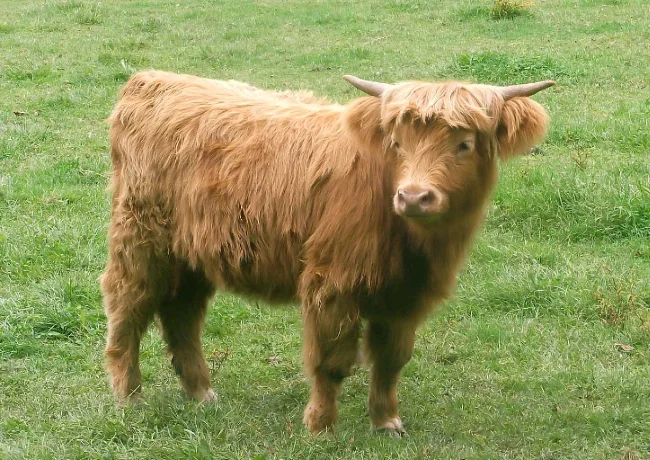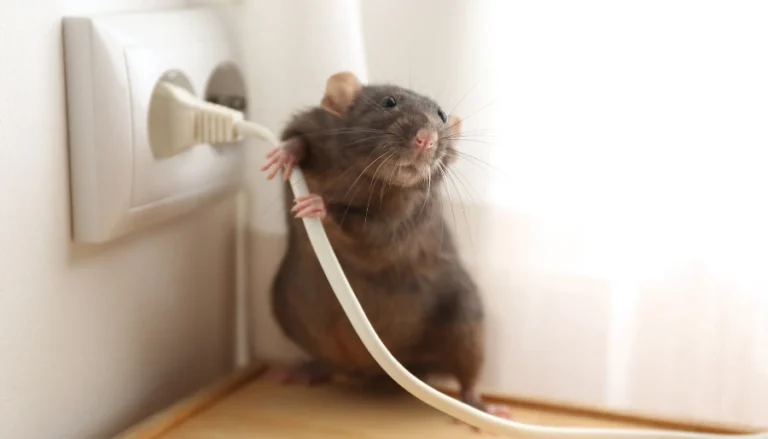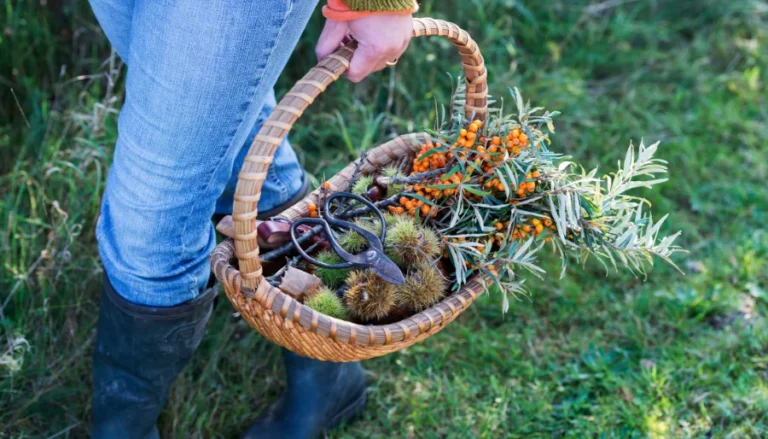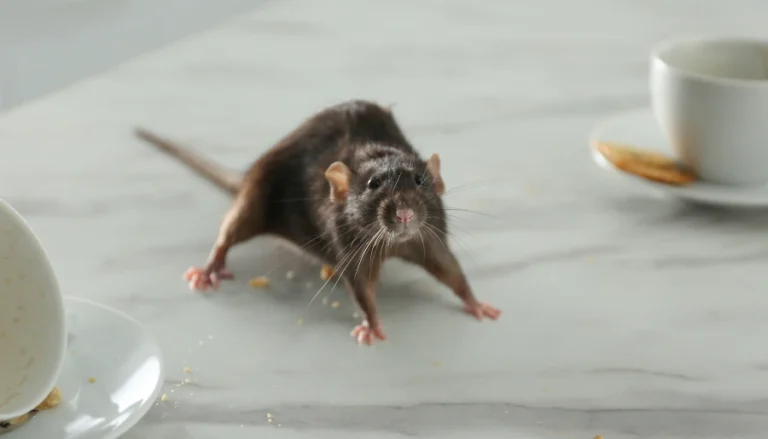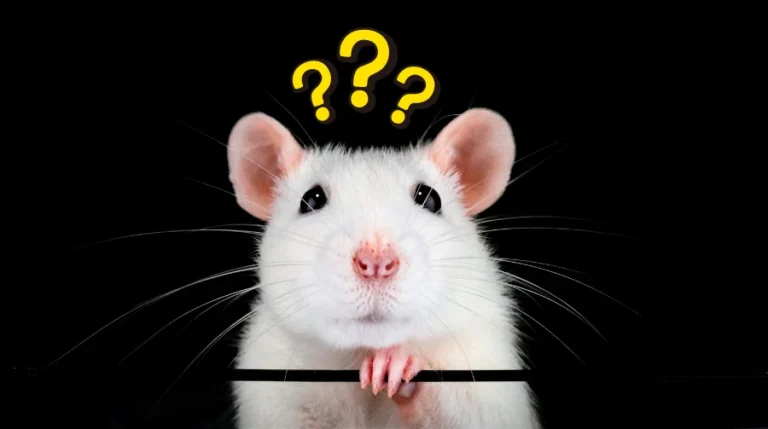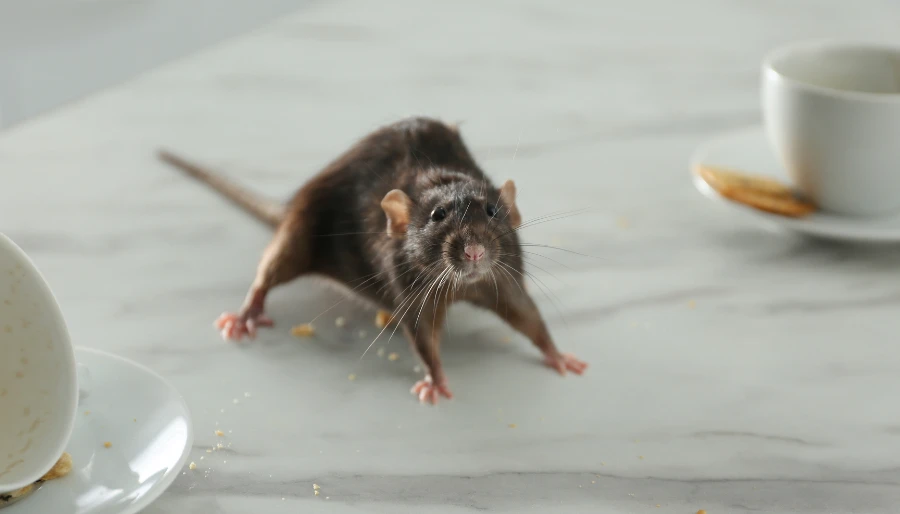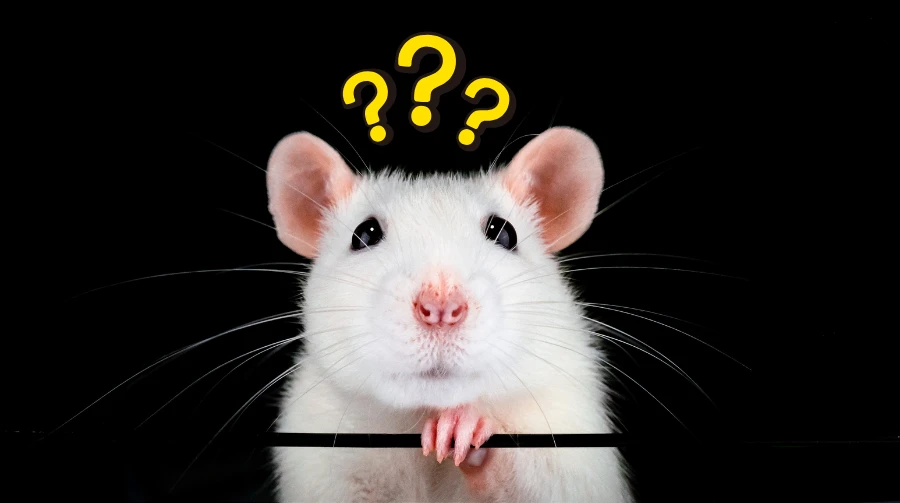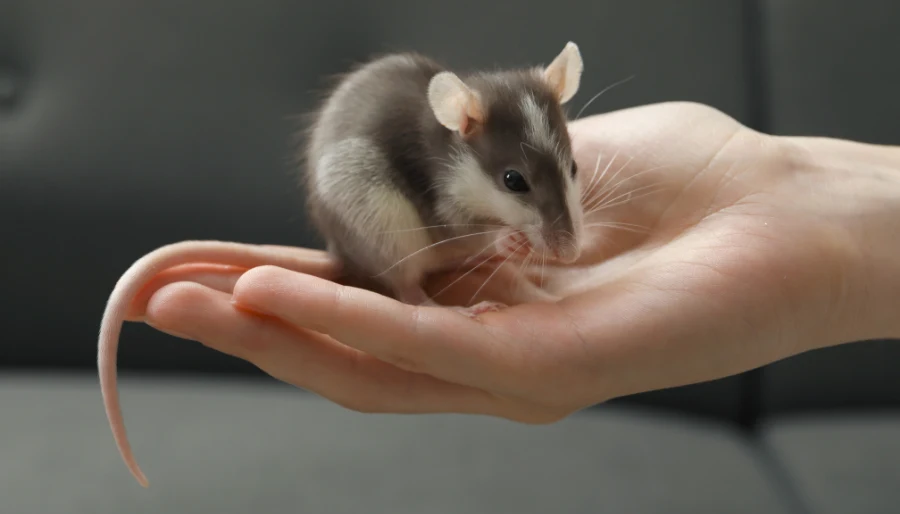As the prices of meat at the store continue to rise, it’s becoming harder to fit healthy protein into your budget. You’re reading these words now because you’ve realized what other homesteaders have, that you have options.
Don’t assume that you need a massive lot out in the country to raise livestock. While that’s true with standard sized breeds, there is another option for you – miniature livestock breeds.
They’re not only, typically, cute, but they require less space and less food than their larger relatives.
There are miniature varieties of beef and dairy cattle, goats, sheep and pigs that make it possible for homesteaders that have farms with smaller acreage to raise their own meat for their family’s freezer.
I’ve compiled some helpful information to prevent information overload while you consider the options based on your lot size and family needs.
Miniature Beef & Dairy Cattle
There are breeds of both miniature beef and miniature dairy cattle! Below is a list of the benefits these smaller varieties bring to a small farm.
- Require less space-you can house one mini cow or steer per 1/2 acre of land. Just keep in mind that you’ll need at least 2 equal sized pastures, so you can rotate your cattle to avoid overgrazing one pasture. This allows the used pasture to recover and regrow, and also gives you the opportunity to do any parasite control and fence and other pasture maintenance.
- Require 1/3 of the amount of feed to reach harvest weight and milk production than the standard size cattle. One mini steer can provide enough meat to feed a family of 4 for months. One mini dairy cow can produce a gallon or more of milk each day, depending on the breed.
- Miniature cattle are easier to house, handle and maintain. With their smaller size and gentle nature helps make handling for any medical exams, hoof care and other grooming needs easier. They require less shelter space and with their smaller size and food intake, they produce less waste to clean up, so easier clean up.
- There are breeds that thrive in colder climates and some that are better suited for warmer areas, so you can choose a breed that will thrive best in your region.
Popular Miniature Cattle Breeds
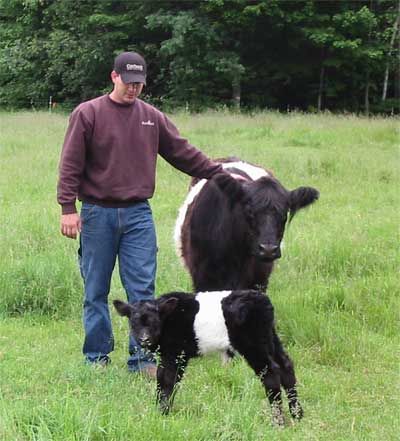
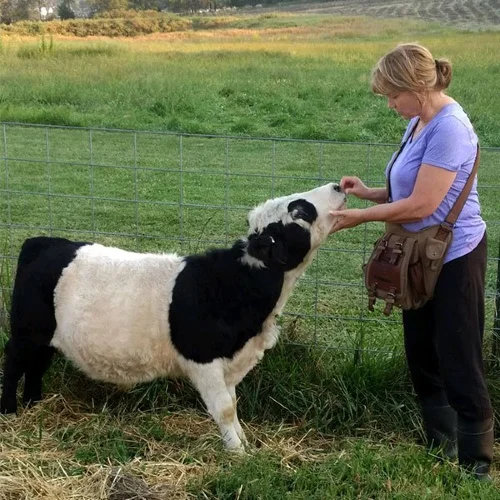
- Miniature Belted Galloway
- Miniature Dexter
- Miniature Hereford
- Miniature Holstein
- Miniature Jersey
- Miniature Panda Cow
- Miniature Scottish Highland
- Miniature Texas Longhorn
- Lowline Angus
Miniature Sheep
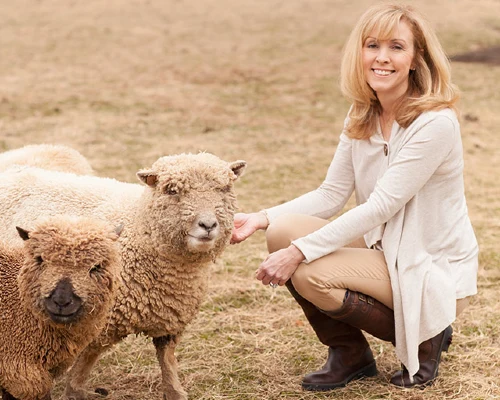
There is a nice variety of miniature sheep that can provide meat and wool for a homesteading family’s needs.
Here are some of the benefits these mini beauties could bring to your homestead and provide your family with delicious, healthy lamb for your freezer. A list of miniature sheep breeds is provided below to help you find the perfect fit for your homestead.
- They require less pasture and shelter space. Being herd animals, you should always keep at least 2 but preferably 3 sheep, with that in mind one acre of good pasture can house up to 5 ewes with their lambs.
- You will need to have at least 2 equal sized pastures, so you can rotate your flock to a new pasture to prevent the one pasture from being overgrazed, this also allows you to do any pasture maintenance and parasite control.
- They require less barn or shelter space.
- They average 17–24 inches in height and 60–150 pounds in weight, depending on the breed.
- They require less feed than the standard size to reach harvest weight. These little sheep can provide your family with a nice supply of healthy meat.
- They are easier to handle, making shearing, hoof care and medical procedures much easier.
Popular Miniature Sheep Breeds
- Babydoll Southdown
- Miniature Cheviot
- Miniature Harlequin
- Ouessant
- Shetland Sheep
Miniature Goats
Miniature goats are well known for being great pets, but they also can be a great source of meat and milk for your family.
Here are some of the benefits, these entertaining little clowns can bring to your homestead to provide a healthy and delicious meat and milk for your family.
A list of miniature goat breeds is provided below to help you find the one that will fit into your homestead.
- They average from about 50–135 pounds in weight and 17–39 inches in height, depending on breed.
- They require less pasture and shelter space. One acre of pasture can house 8-10 miniature goats. Be sure to have at least 2 equal sized pastures to allow you to rotate your herd, this will allow you to do any pasture maintenance and parasite control.
- They also require less barn or shelter space than their larger relatives. Just remember to keep in mind that you should keep a minimum of 2 goats, goats are herd animals and don’t do well-kept alone.
- These mini versions can provide your family with a nice supply of meat and milk that is delicious and healthier than beef.
- Require less feed for meat and milk production.
- They are much easier to handle than the standard size goats, that means any hoof trims, grooming or medical procedures will be easier.
- They are playful and active and will provide your family with many hours of entertainment with their goofy antics.
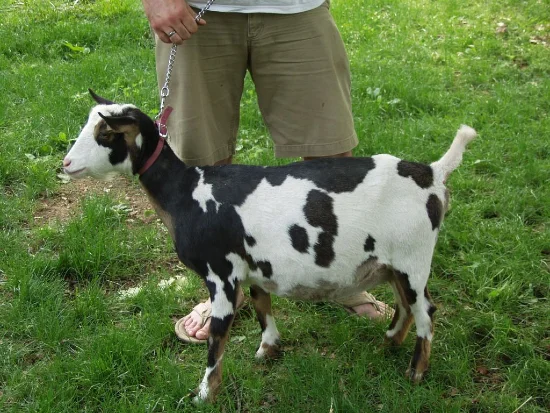
Popular Miniature Goats Breeds
- Kinder-Cross between Pygmy goat and Nubian
- Miniature Mancha
- Miniature Silkies
- Nigerian Dwarf
- Nygora- Cross between Pygmy goat and Nigerian Dwarf
- Pygmy Goat
- Pygora- Cross between Pygmy goat and Angora
Miniature or Small Meat Pigs
The miniature or small meat pig breeds are smaller than the standard meat pigs and can be a good choice for a small farm to raise to provide their family with homegrown pork for the freezer.
A list of small and miniature pig breeds is provided below to help you find a breed for your small farm’s pork needs, but please be aware that the so-called teacup or micro minis aren’t real and will still reach the size of a normal miniature pig.
More To Discover
- Require less pasture space, one acre can house up to 15–20 pigs, depending on the breed’s size. It’s best to have at least 2 pastures of equal size, so you can rotate your pigs to a fresh pasture to allow you to do any maintenance and parasite control. Remember, pigs love to root up the dirt to find hidden goodies like worms and other insects. They also require less shelter space.
- Require less feed to reach harvest size. They are also great foragers and will scour the entire pasture for any insects, berries, nuts (they love acorns), grasses and any other delicious goodies they can find, this nifty practice will help reduce the amount of feed they need. They also love to eat a large variety of fruits and vegetables, as well as other healthy kitchen scraps you might have on hand. No more need to throw those overripe garden goodies.
- Pigs in general can be difficult to handle when it comes to the need to restrain them for any reason, but if you have to restrain a pig, one that is considerably smaller than its several hundred pound relatives is a definite plus.
- Many of the miniature and small meat breeds of meat are sought after for its flavor and richness as well as their lard, so you know you will have a wonderful and delicious source of pork in your home freezer without breaking the bank to buy it.
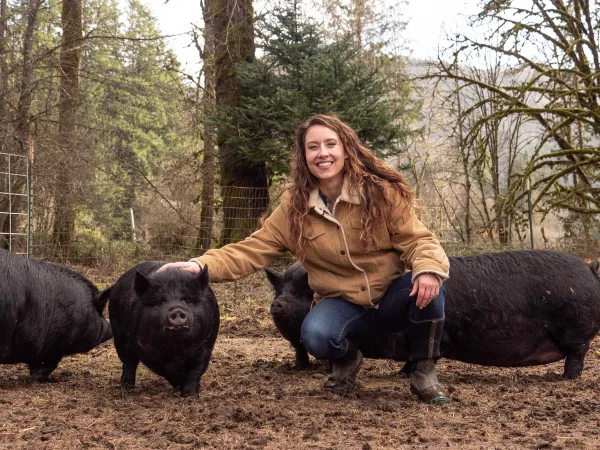
Popular Miniature or Small Meat Pigs Breeds
- American Guinea Hog
- American Mini Pigs
- Juliana
- Kunekune
- Meishan
- Mulefoot
- Ossabaw Island Hog
Now that you know that you have options out there that will let you raise your own livestock to feed your family without having to pay the ever-increasing prices in stores, check into them and find the breed or breeds that will fit your family’s space, budget and needs.
HAPPY HOMESTEADING!!!







